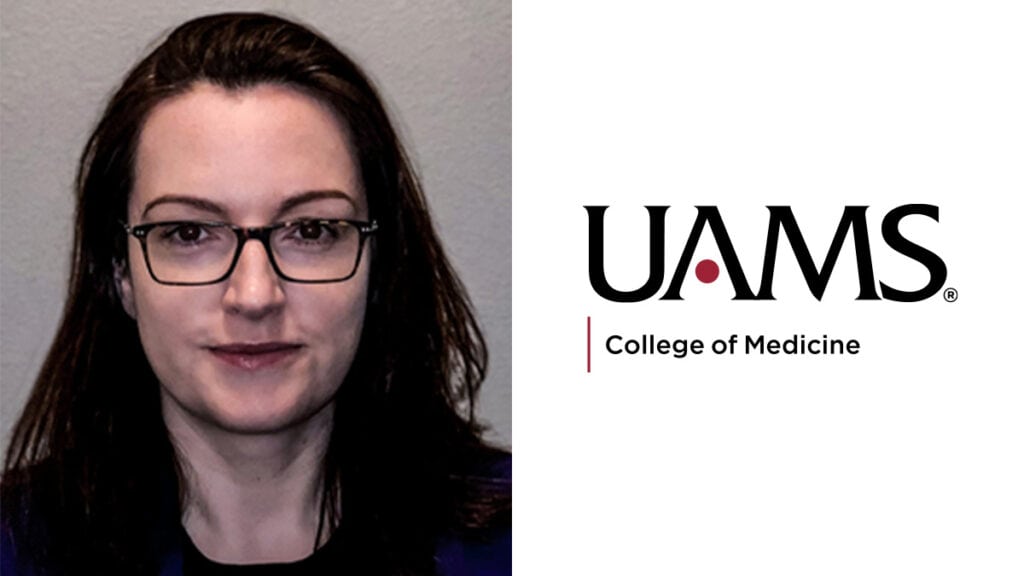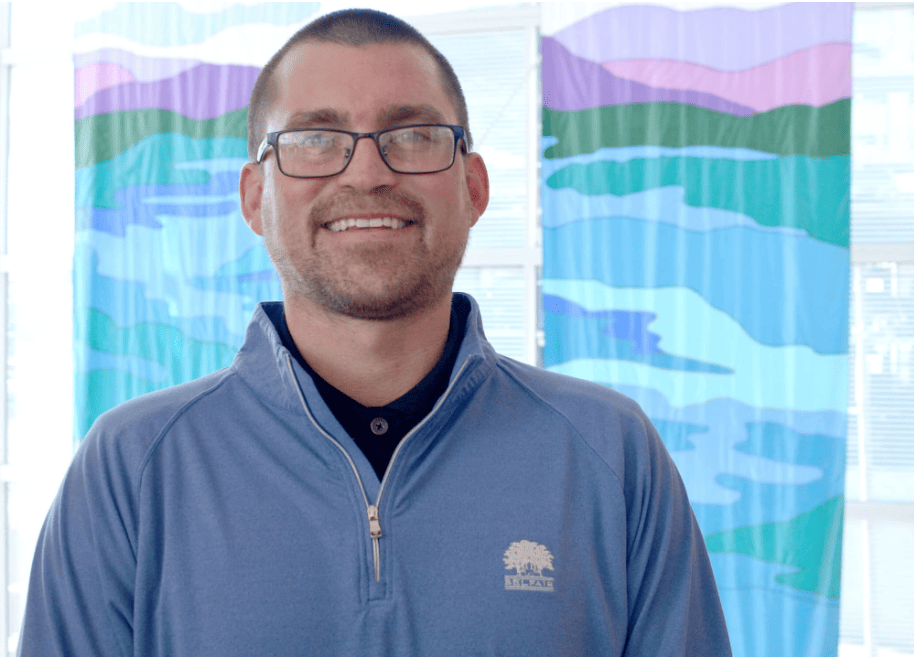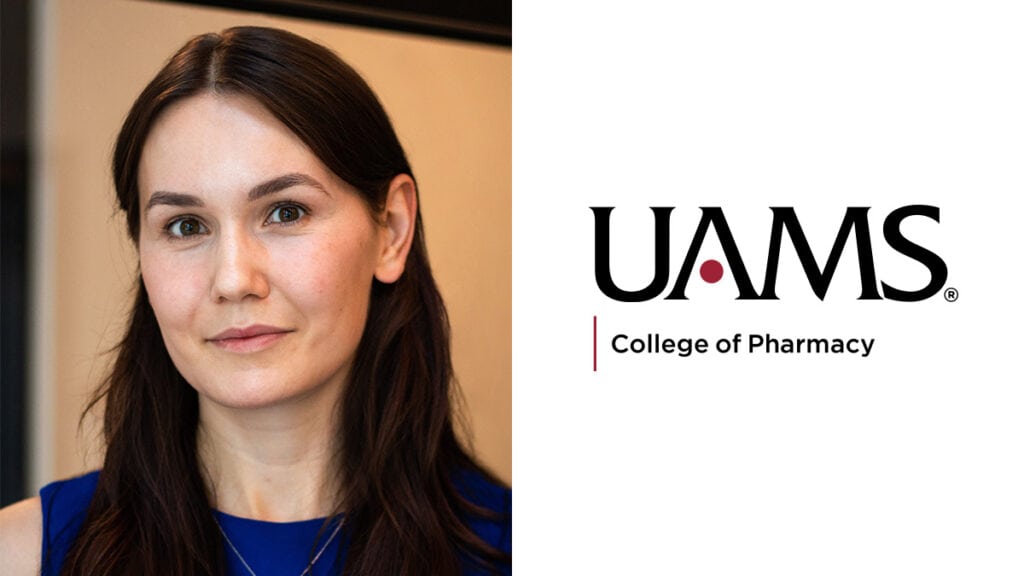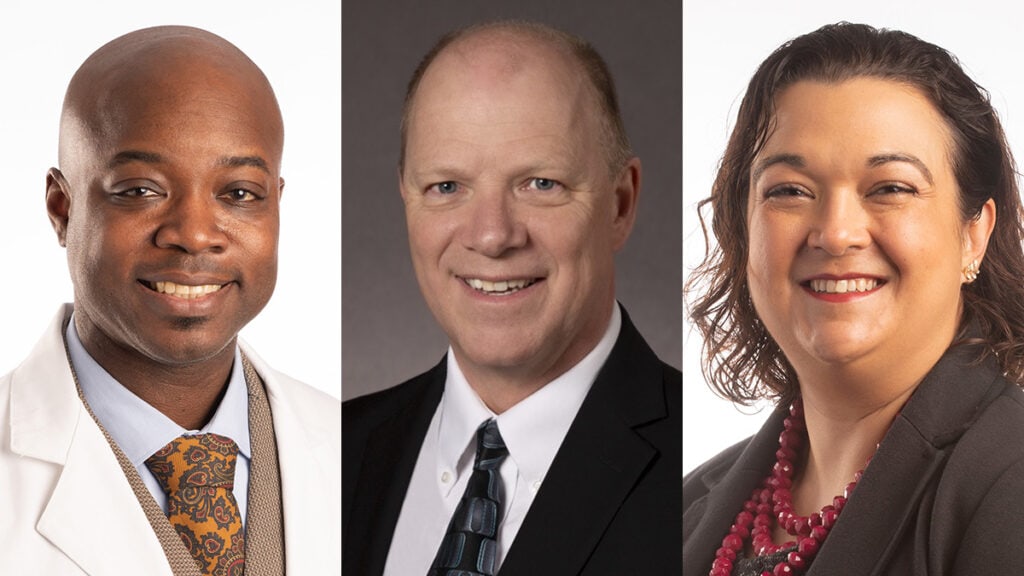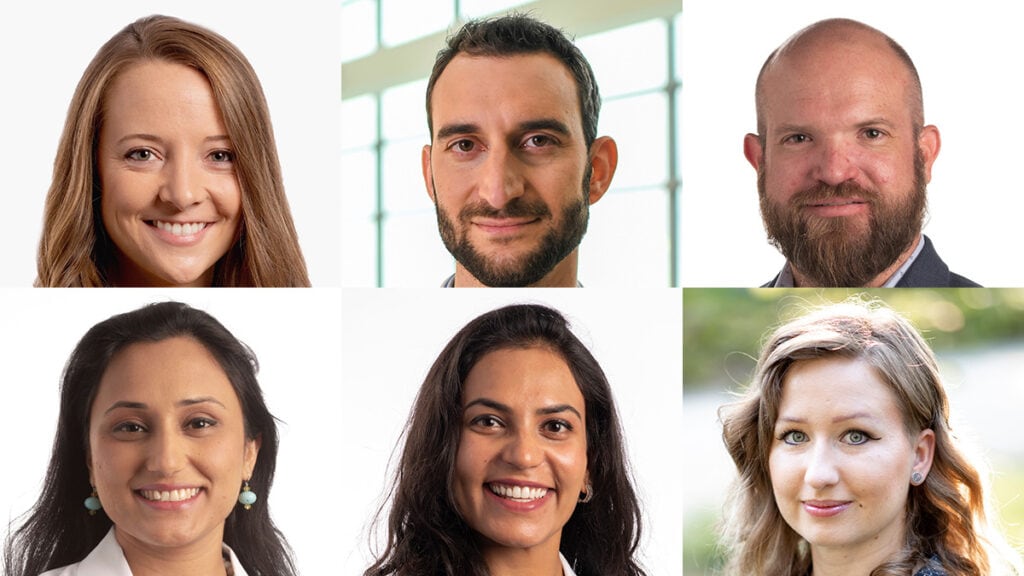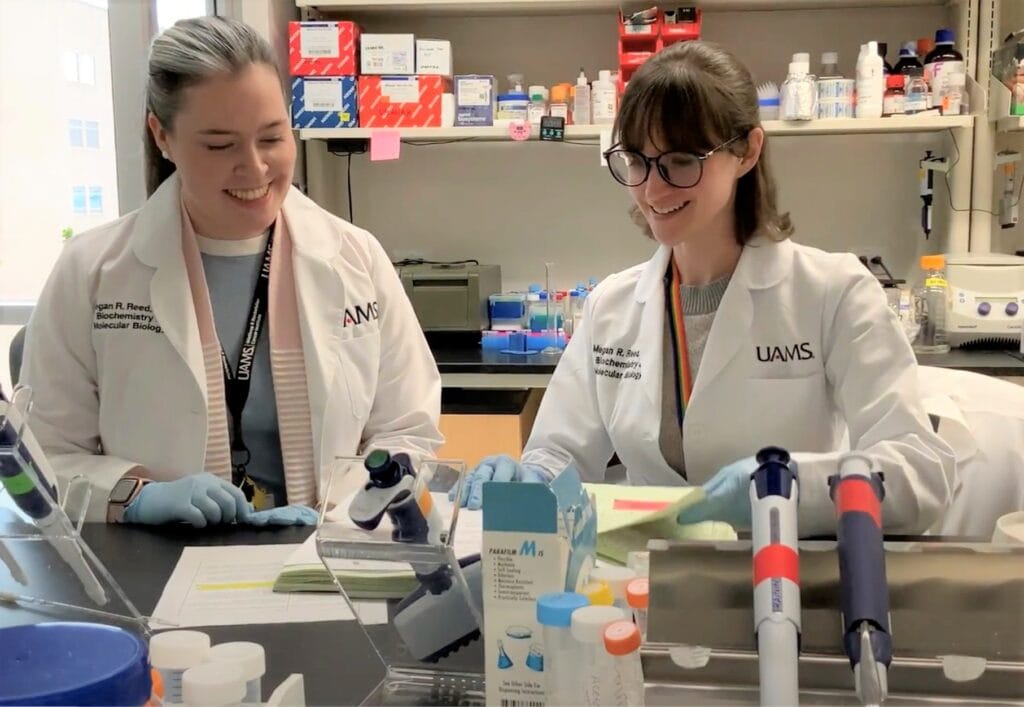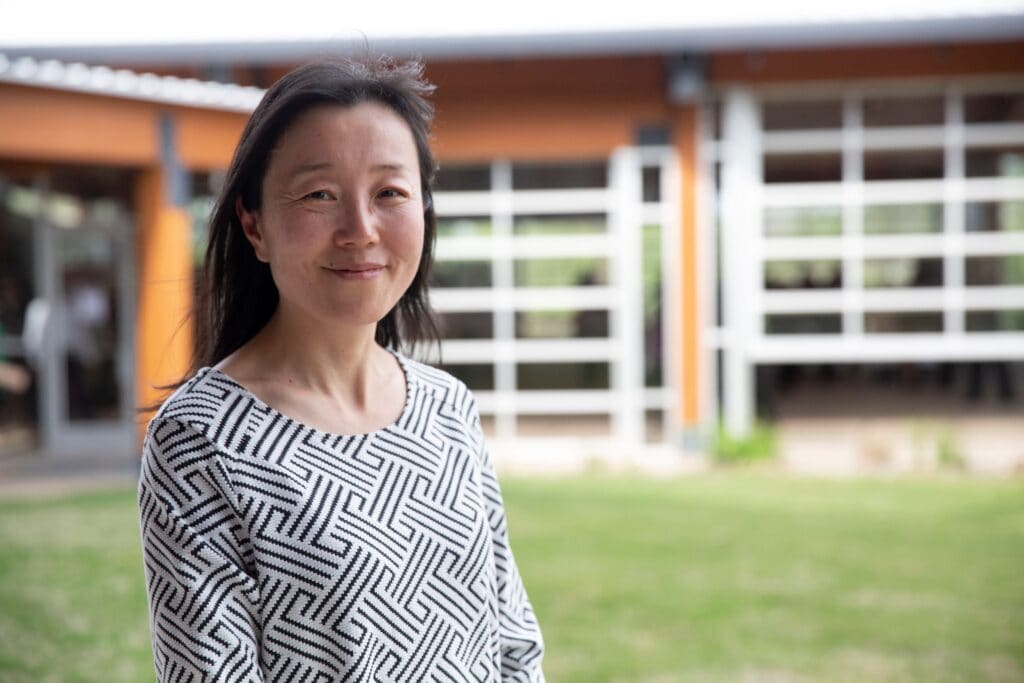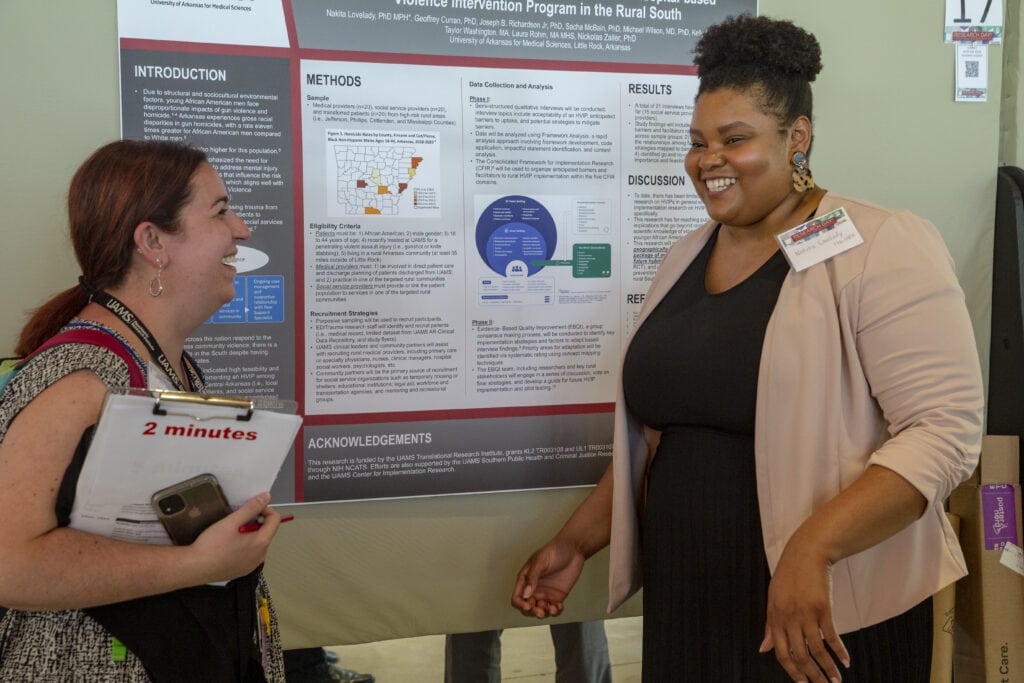
The UAMS Translational Research Institute has named three UAMS researchers who will receive pilot study grants of up to $25,000 each.
The one-year awards went to projects led by researchers in the College of Medicine and College of Nursing. The awardees and their project titles are:
Jonathan Bona, Ph.D., assistant professor, College of Medicine Department of Biomedical Informatics
“Accelerating Insights with an Open Drug Information Toolkit (ADROIT),” which will create and evaluate a novel software tool designed to provide non-informaticists with easy access to drug information.
Laura Hays, Ph.D., APRN, assistant professor, College of Nursing Department of Nursing Practice
“Arkansas – Making History,” which will address the lack of genetic risk assessment services among rural Arkansas providers.
Mario Schootman, Ph.D., vice chair and professor, College of Medicine Department of Medicine; co-director, TRI Workforce Development Program “Assessing the Quality of the Linked Arkansas Cancer Registry and Arkansas All-Payer Claims Database Data,” which aims to generate preliminary data for an NIH R01 application focused on identifying reasons for elevated mortality in colorectal cancer patients in persistent poverty areas.

